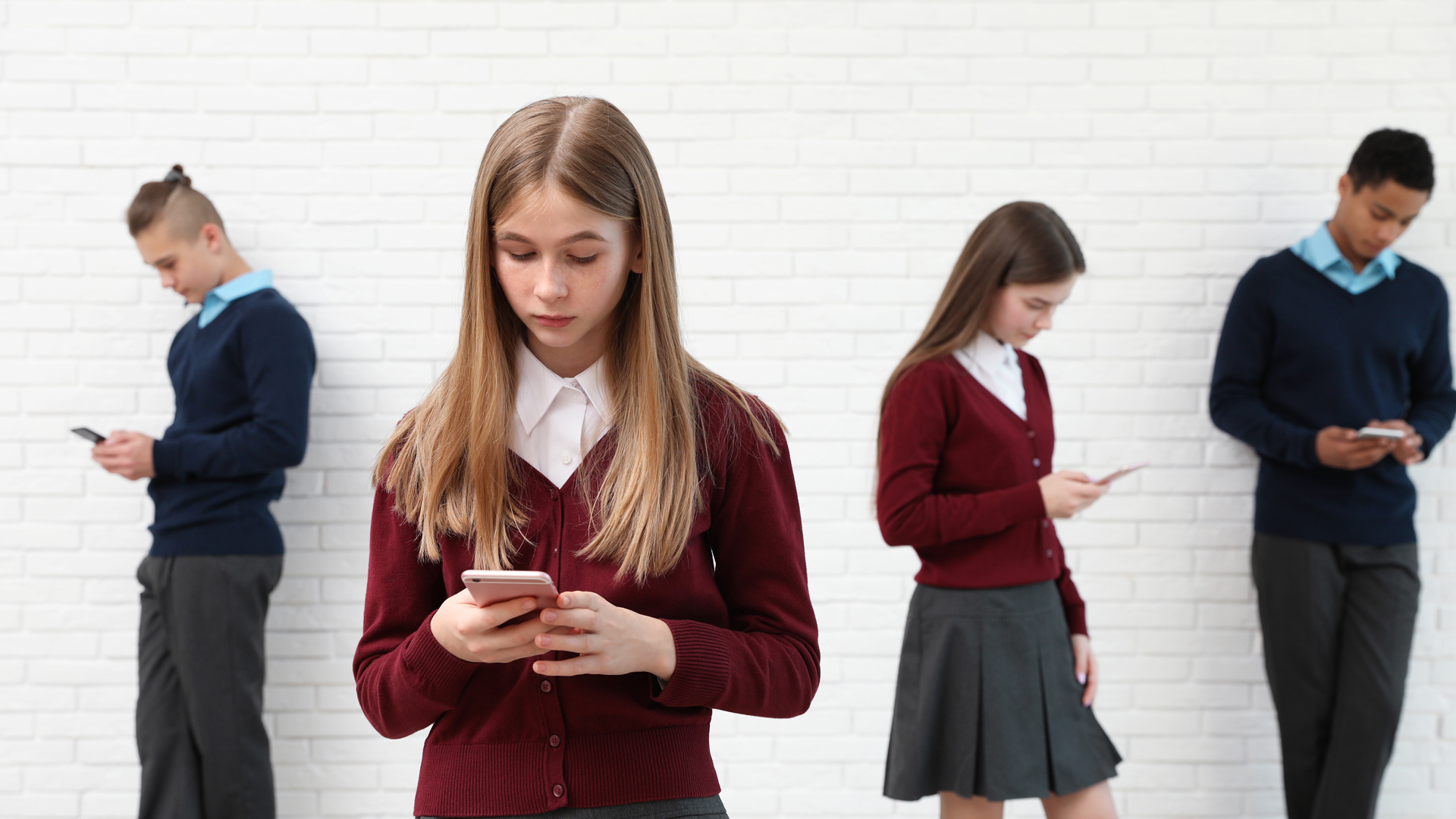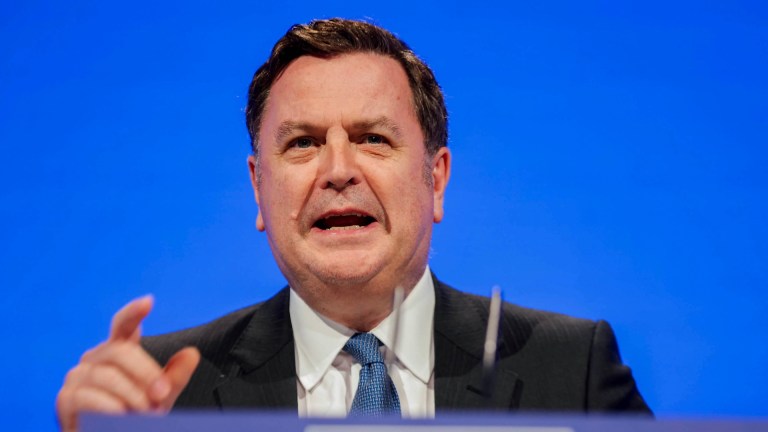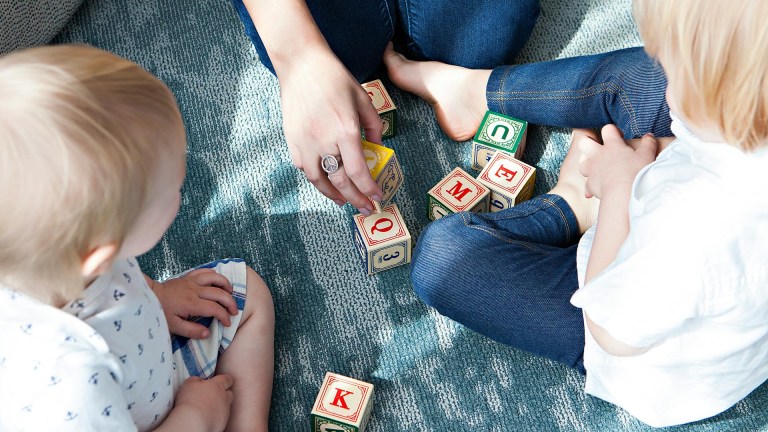I’m a big fan of letters. One of the joys of being with Big Issue is that we still receive a lot of posted reader correspondence, either typed or handwritten. There is something very personal about handwritten letters. The idea of sitting down to physically make a mark and formulate thoughts, and then taking the time to go somewhere to have this delivered, establishes a connection that electronic correspondence can’t quite match.
And there remains an element of excitement in receiving something through the post that is not a flyer for a miracle wifi service or a preordained Amazon package.
It remains revelatory to read the letters of historical figures. Frequently real truths are presented that would otherwise be hidden or varnished. Shaun Usher’s Letters of Note collections are essential reading.
I still exchange letters with an old friend. These have no historical value, unless you are interested in broad insults and arguments about the Wee Grouse in 1990. Frequently they are full of things that could have been, or maybe already have been, exchanged on WhatsApp. But they have allowed an almost lifelong friendship to be sustained over time and physical distance. It is, as my children remind me, boomer action.
The idea of them, or their friends – late teens/early 20s – sitting down to write a letter is so completely anathema as to be mindboggling, like a suggestion of smoke signals as communication. Why do that when you have a smartphone, the device that is less communication aid more grafted part of their natural body? Ofcom say that by the age of 12, 97% of children own a phone.
The government rolled out their big action plan this week to limit use of phones in schools. It was billed as a CRACKDOWN. It really had a hollow ring(tone). Sorry.










